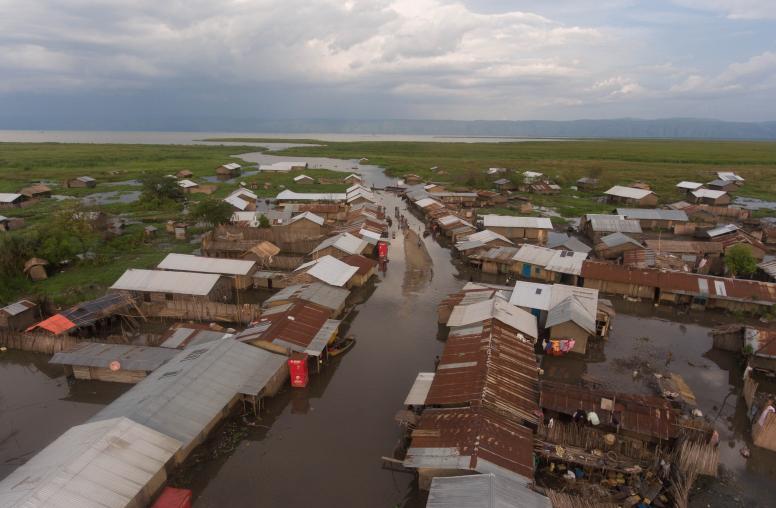How ISIS Really Ends
The Road to Violent Extremist Disengagement and Reconciliation featuring USCENTCOM Commander General Kenneth McKenzie
Read the Event CoverageISIS remains a threat to regional and global security despite its territorial defeat in March 2019. The enduring defeat of ISIS will require more work to address the aftermath of conflict and to rebuild the region’s social fabric to enable people to move forward sustainably and peacefully. Of immediate concern is what to do with former ISIS combatants and their families, and the massive needs for disengagement, repatriation, and reintegration.
With thousands of former ISIS combatants from over 50 countries detained in prisons across Syria and Iraq and countless women and children in displacement camps—with nearly 70,000 in al Hol alone—countries worldwide face the difficult task of what to do with these individuals and how best to prevent future security challenges.
Meanwhile, the global COVID-19 pandemic is impacting the health and safety of those in the prisons and camps, as well as the ability of foreign governments, humanitarian organizations, and camp and prison administrations to continue operations. ISIS adherents have capitalized on this disruption by staging prison breakouts. This combination of stresses provides for an especially complicated set of tasks for governments, local communities, and the international community.
USIP hosted CENTCOM Commander General Kenneth McKenzie and other experts for a discussion on the challenges of the post-ISIS landscape across Syria and Iraq, as well as the military’s role working alongside diplomacy and development to achieve the enduring defeat of ISIS and long-term stabilization.
On the day of the event, you will be able to participate in the live Q&A here using the chat box. You can take part in the conversation on Twitter with #ReintegratingExtremists.
Panelists
Ambassador William “Bill” Roebuck
Deputy Special Envoy to the Global Coalition to Defeat ISIS; Senior Advisor to the Special Representative for Syria Engagement
Philippa Candler
Acting UNHCR Representative, Iraq
Maj. Gen. Alexus G. Grynkewich
Director of Operations, U.S. Central Command
Azadeh Moaveni
Project Director, Gender, International Crisis Group; author of “Guest House for Young Widows"
Leanne Erdberg Steadman, moderator
Director of Countering Violent Extremism, U.S. Institute of Peace
Keynote Panel: What Does Enduring Defeat Look Like?
General Kenneth F. McKenzie Jr.
Commander, U.S. Central Command
Nancy Lindborg, moderator
President and CEO, U.S. Institute of Peace



